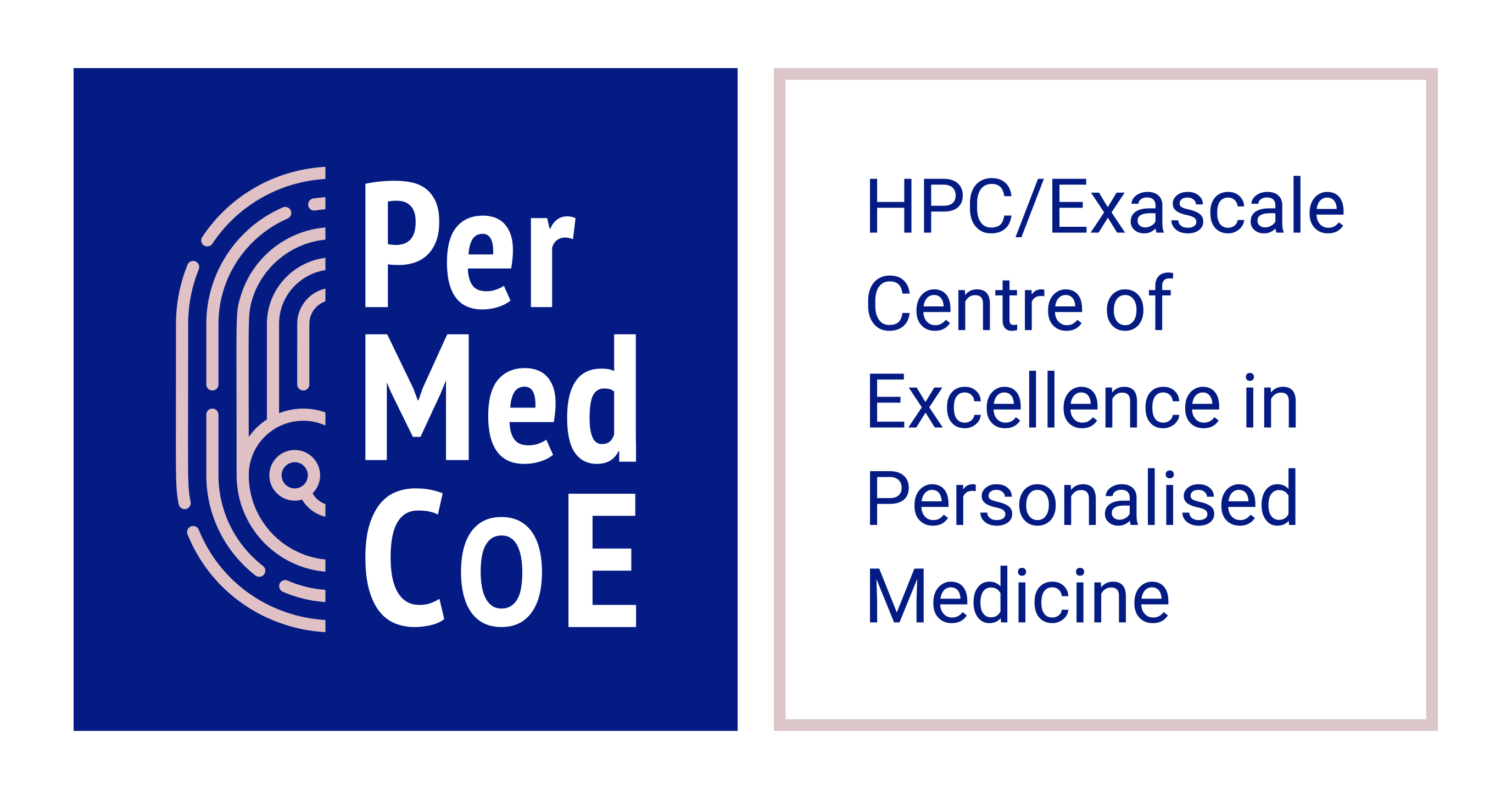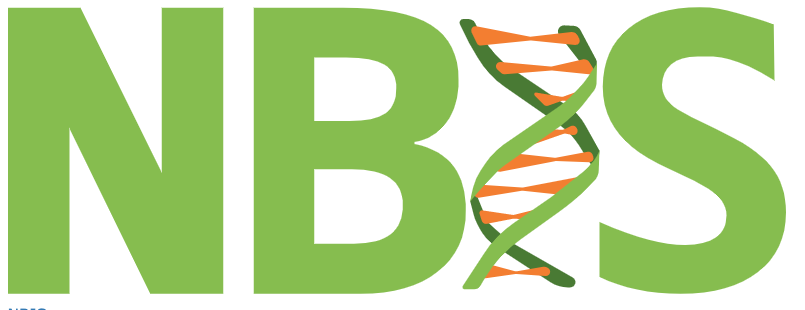Training materials
-
Ready for BioData Management? Intensive Course
Data management FAIR data Bioinformatics RDM RDMkit data stewardship Data Stewardship Wizard FAIR
-
Bioinformatics, Computational Biology, Computer Science, Programming, Coding, Education, Data Science, Transcriptomics, Machine Learning
R for Data Science
•• intermediateBioinformatics Computational biology Machine learning Transcriptomics Computational Biology Coding Programming Data Science Data Analysis Computer Science Machine Learning -
Bioinformatics, Computational Biology, Computer Science, Programming, Coding, Education
R for Beginners
• beginnerBioinformatics Computational biology Computer science Coding Programming -
Tutorial
Tutorial on using existing PerMedCoE Building Blocks and workflows
 •• intermediateBioinformatics Workflows Personalised medicine Building blocks
•• intermediateBioinformatics Workflows Personalised medicine Building blocks -
tutorials
ProteomicsML
Bioinformatics Online course Mass spectrometry data bioinformatics community platform deep learning detectability educational platform fragmentation ion mobility machine learning proteomics retention time
-
e-learning
2023 highlights: A year in interactive on-demand training
Bioinformatics Introduction
-
e-learning
Vocabularies for bioinformatics
 • beginnerBioinformatics Ontologies Interoperability Standardised vocabulary
• beginnerBioinformatics Ontologies Interoperability Standardised vocabulary -
Learning pathway
Linux learning pathways
 • beginnerBioinformatics Linux Programming
• beginnerBioinformatics Linux Programming -
Training materials, slides / presentation, slide deck / presentation, Presentation
Life Science RDM 2023 Course
• beginnerData management FAIR data Biology Genomics Imaging Proteomics Bioinformatics Biodiversity Data Management Plan Data management planning Data Steward Data Stewardship Wizard Data Life Cycle Research Data Management Research Infrastructure -
lessons, e-learning
Introduction to Data Management Practices - Scripted analysis with R
 • beginnerData management FAIR data Bioinformatics Data visualisation RStudio CONVERGE ggPlot
• beginnerData management FAIR data Bioinformatics Data visualisation RStudio CONVERGE ggPlot